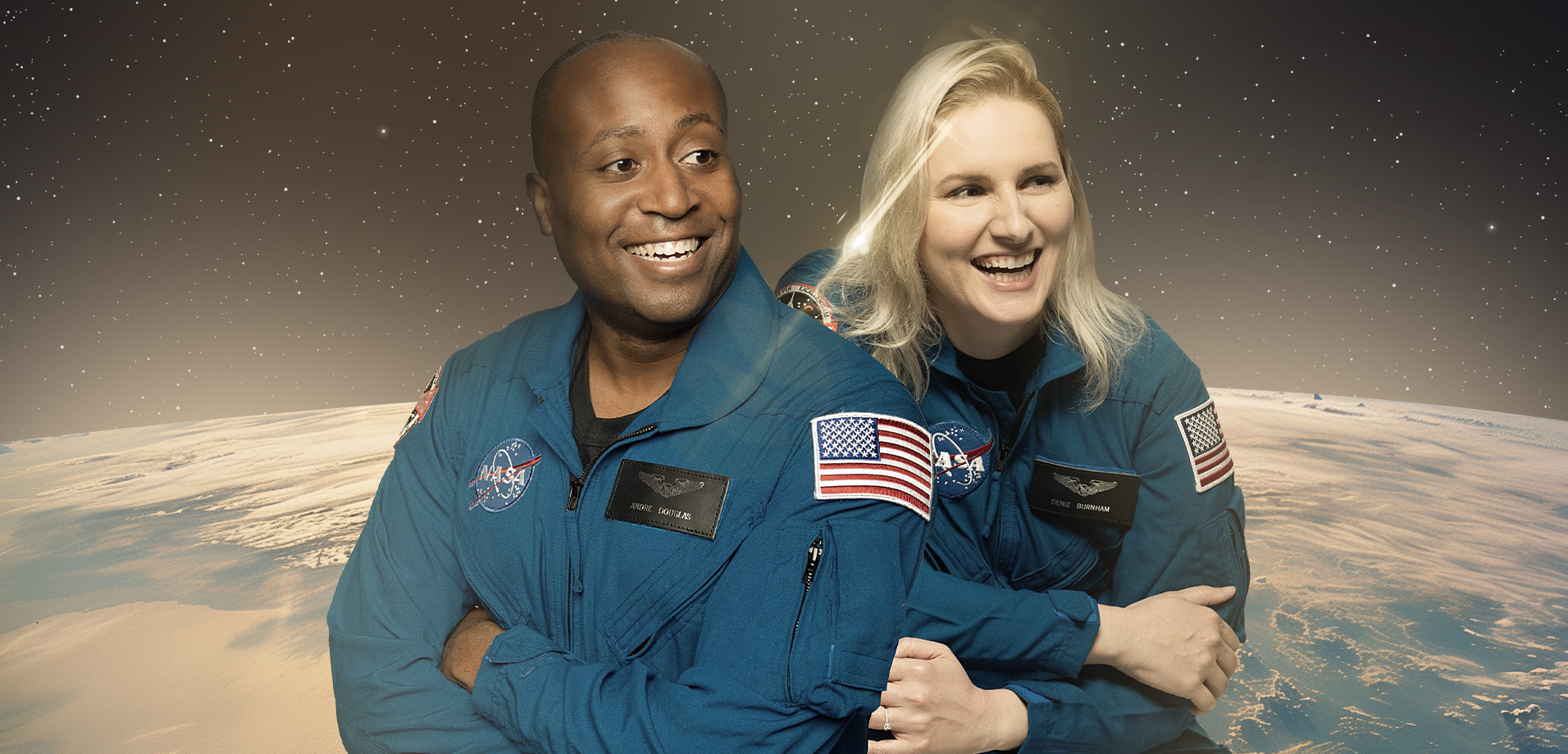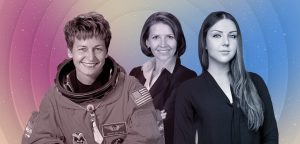Interview With NASA Astronauts Class of 2024: The Commanders
21st Mar 2024
Note: Orbital Today would like to thank NASA Johnson Space Center for contacting us and kindly offering to let us interview their newly minted astronauts.
These were round-robin interviews and, because of timing, sometimes days or weeks shorter than I would have liked as an interviewer. Some lasted a few minutes, others squeezed in a full 10 minutes. However, their brevity allows me to put their short answers together in interesting combinations. So, with a little further ado, from NASA’s graduating astronaut class of 2024:
The right stuff of commanders
The NASA astronaut class of ’24 has its share of fighter pilots and carrier attack pilots. And, as part of their training, the whole class learned about and flew the Northrup T-38 Talon. This is important, as aviation terminology and shorthand is the lingua franca of the training program.
Not everyone is a fighter pilot, though, and mission specialists have been featured among NASA astronauts since the Space Shuttle era began. Biologists, medical researchers, and engineers of all sorts have become astronauts, and this class is no exception. But there is another category of astronaut that might not be so apparent at first. And there were at least two among the recent NASA astronaut graduates who fit that category. These are people who would make excellent commanders.
Andre Douglas, PhD
Dr. Douglas comes to space from Chesapeake, Virginia, where his mother bought him a telescope and trained it on the night sky with him. It is also where his father captained a ship for the US Coast Guard, and where he taught Andre “a ton about working extremely hard, and that it’s possible to work hard and get there.”
Andre served in the U.S. Coast Guard as a naval architect, salvage engineer, damage control assistant, and officer of the deck, and later moved into systems engineering (as a PhD) at Johns Hopkins University after working with Michael Nord, PhD, at the Johns Hopkins University Applied Physics Lab (APL).
Maritime salvage engineering may conjure up images of putting on a diving suit, but righting ships and setting them afloat is very much in line with systems engineering, which often deals with relationships of interrelated subsystems and implications instead of solving an engineering problem focused on production. As Andre put it, you need to be able “to take extremely complicated sets of information and clearly communicate the essence of it to someone very far away while under extreme time pressure, and take action based on all that. You need to be very concise.”
Deniz Burnham
Of the newly-minted astronauts, Deniz Burnham was the only one to have worked in NASA previously. She interned at NASA’s Ames Research Center while in university.
Deniz had wanted to be an astronaut ever since she was young, and she had a poster of the Apollo astronauts on her wall as a kid. She took a circuitous route to get there, but in doing so developed a unique skillset. After getting a BE in chemical engineering and an ME in mechanical engineering, she went into the petroleum industry, at first as a field engineer in Prudhoe Bay, Alaska, and eventually in managing drilling optimization projects. She spent the last nine years before joining NASA leading onsite operations at oil rigs in Canada, Ohio, and Texas.
“What I brought here was not so much about the drilling but the skills around it. Operational skills, especially time-critical decision making, are vital when you’re on a rig in a remote part of Alaska. Also, understanding team dynamics in high pressure situations is an important part of that job.”
Becoming an astronaut without focusing on being a pilot (Deniz does have fixed-wing and helicopter licences) or a specific science career path is possible, especially, as Deniz put it, that you, “be true to yourself and your own path. Don’t live someone else’s life.”
Orbital Today would like to thank astronauts Andre Douglas and Deniz Burnham for taking the time to speak with us, and also NASA Johnson Space Center for making it happen.

![[UPDATE] Boeing’s Starliner Capsule Primed for Launch Atop Atlas V Rocket! [UPDATE] Boeing’s Starliner Capsule Primed for Launch Atop Atlas V Rocket!](https://orbitaltoday.com/wp-content/uploads/2024/03/Starliner-1-300x169.jpeg)




Thank you for your comment! It will be visible on the site after moderation.